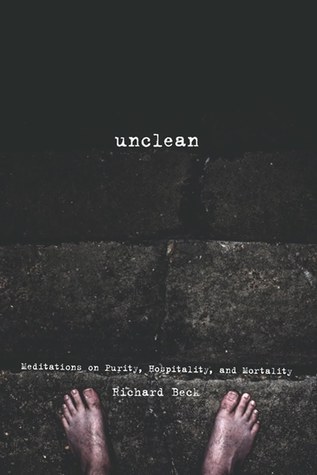More on this book
Community
Kindle Notes & Highlights
The fact that disgust helps to fend off or repress fears about death and our physical dependencies wouldn’t be so worrisome if it were not for the fact that a denial of our need, vulnerability, and dependency hardens our hearts when we see need exhibited in others. We don’t want to be reminded of such things. As Arthur C. McGill observes in his book Death and Life: An American Theology, Americans “devote themselves to expunging from their lives every appearance, every intimation of death . . . . All traces of weakness, debility, ugliness, and helplessness must be kept away from every part of a
...more
As McGill notes, we create institutions and structures that “compel all such people to be sequestered where we cannot see them.”5 The emotion of disgust prompts most of this activity, acting as an existential buffer. Disgust motivates us to avoid and push away reminders of vulnerability and death, in both others and ourselves.


